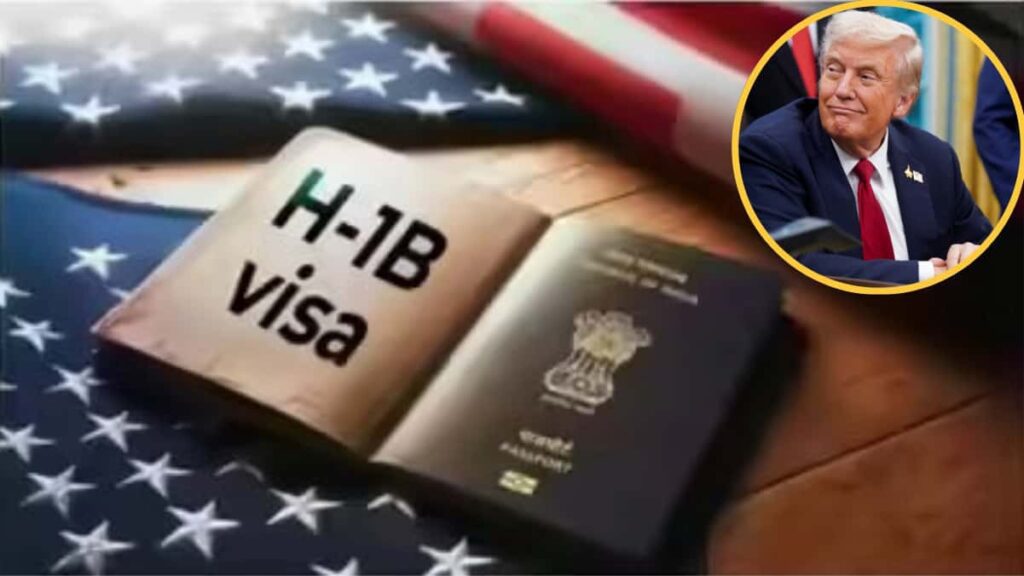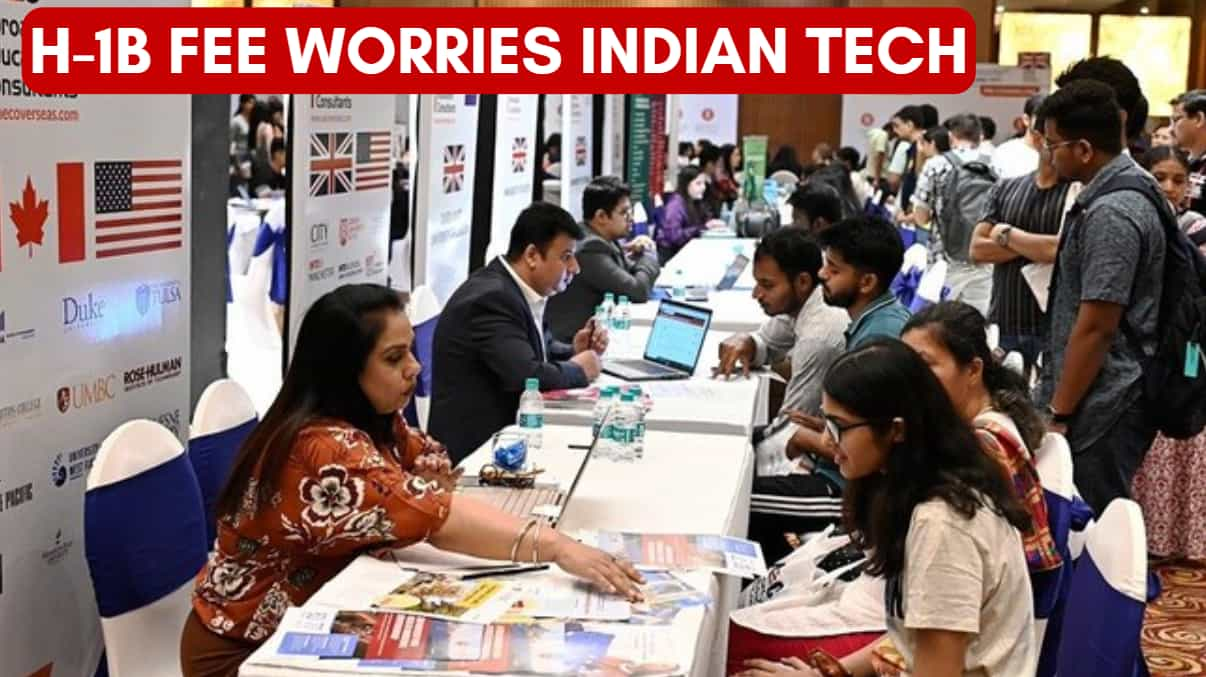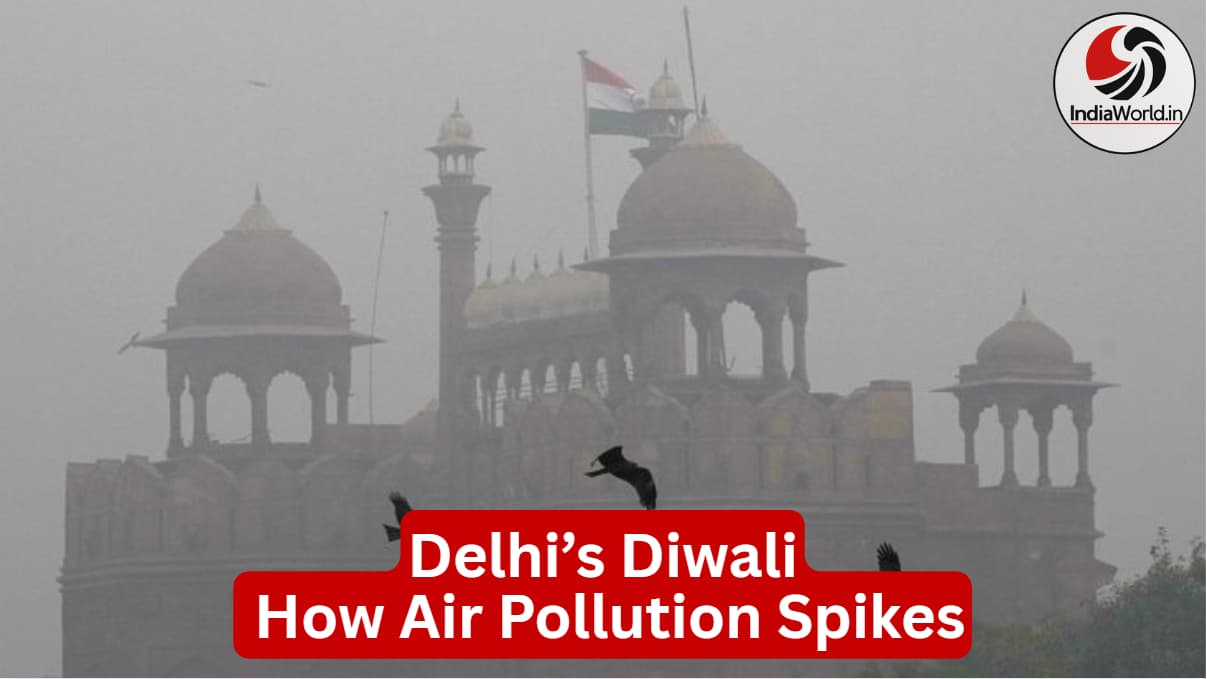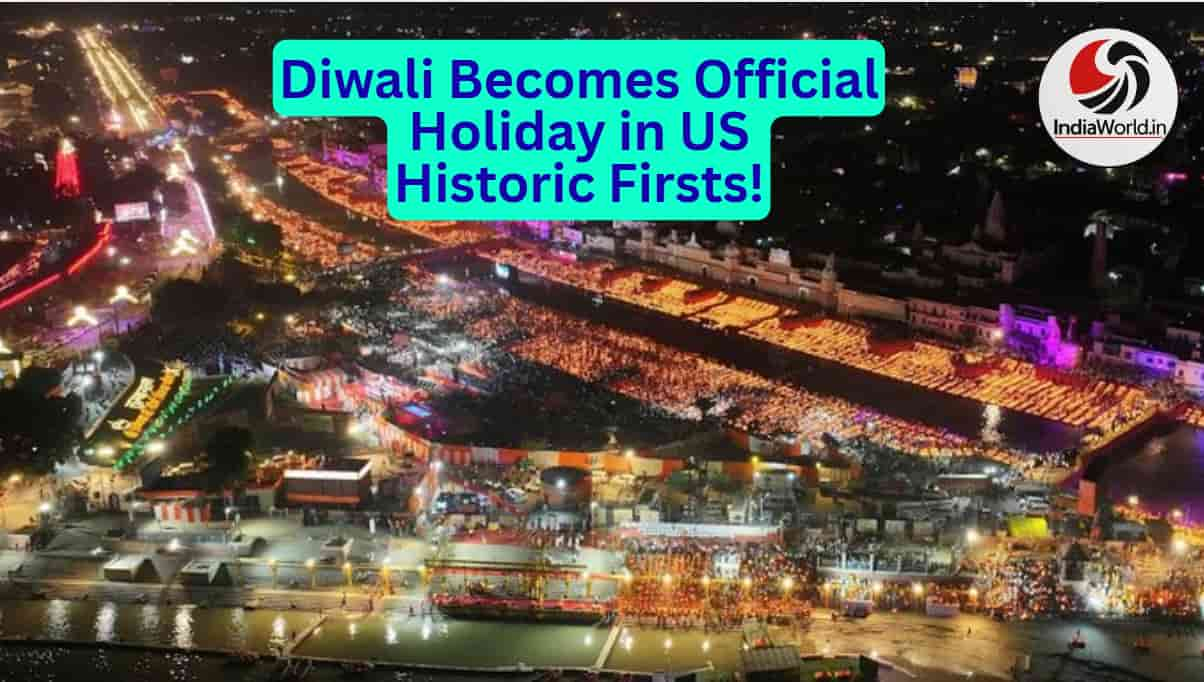Will Indian Coders Be Locked Out of the American Dream?
What’s Fueling the $100K H-1B Visa Proposal?
In a bold move, President Trump has proposed a staggering $100,000 fee for H-1B visa applications. This isn’t just a policy tweak—it’s a seismic shift that could reshape the future of Indian tech professionals in the United States.
The H-1B visa has long been a gateway for skilled workers from India to contribute to America’s tech ecosystem. But now, with this proposed fee hike, many fear that the door is closing fast.
Why Indian IT Professionals Are Worried
From Bengaluru to Hyderabad, tech graduates dream of working in Silicon Valley. The H-1B visa has been their bridge. But with a six-figure fee, that bridge may become unreachable for many.
Indian IT firms, especially those operating in Tier-1 cities like Mumbai, Chennai, and Pune, rely heavily on H-1B talent pipelines. A fee this high could force companies to rethink their global strategies.

Impact on U.S. Tech Companies
Ironically, this move could hurt American businesses too. Companies like Google, Amazon, and Microsoft depend on H-1B workers to fill critical roles. If fewer Indian engineers apply, the talent gap could widen.
According to Statista, India accounts for over 70% of all H-1B approvals. Cutting that flow could slow innovation and increase hiring costs.
Lost Jobs or Lost Opportunity?
Trump’s team argues that the fee will protect American jobs. But experts say it might do the opposite. Many U.S. firms outsource work to India when they can’t find talent locally. If H-1B access shrinks, outsourcing may rise.
This could mean fewer jobs in the U.S., not more. It’s a complex equation—and one that needs careful thought.
Trump’s Movie Tariff Shocks Bollywood Fans | IndiaWorld.in
Brain Drain or Brain Block?
India’s brightest minds often migrate to the U.S. for better opportunities. But if the visa becomes unaffordable, many may stay back—or look to other countries like Canada, Germany, or Australia.
This shift could lead to a “brain block,” where innovation slows down due to lack of global collaboration.
What the Data Says
- H-1B Visa Approvals (2024): 300,000+
- Indian Share: 70%+
- Average Salary of H-1B Worker: $100,000+
- Top Cities Impacted: Hyderabad, Bengaluru, Delhi NCR, Chennai
External Links for Reference
- USCIS H-1B Visa Overview
- Statista: H-1B Visa Approvals by Country
- Economic Times: India’s Response to H-1B Changes
Final Thoughts
This isn’t just a policy change—it’s a wake-up call. For Indian tech professionals, the dream of working in the U.S. may now come with a price tag too steep to pay. For American companies, the talent crunch could become a real crisis.
As the debate continues, one thing is clear: the future of global tech collaboration hangs in the balance.










